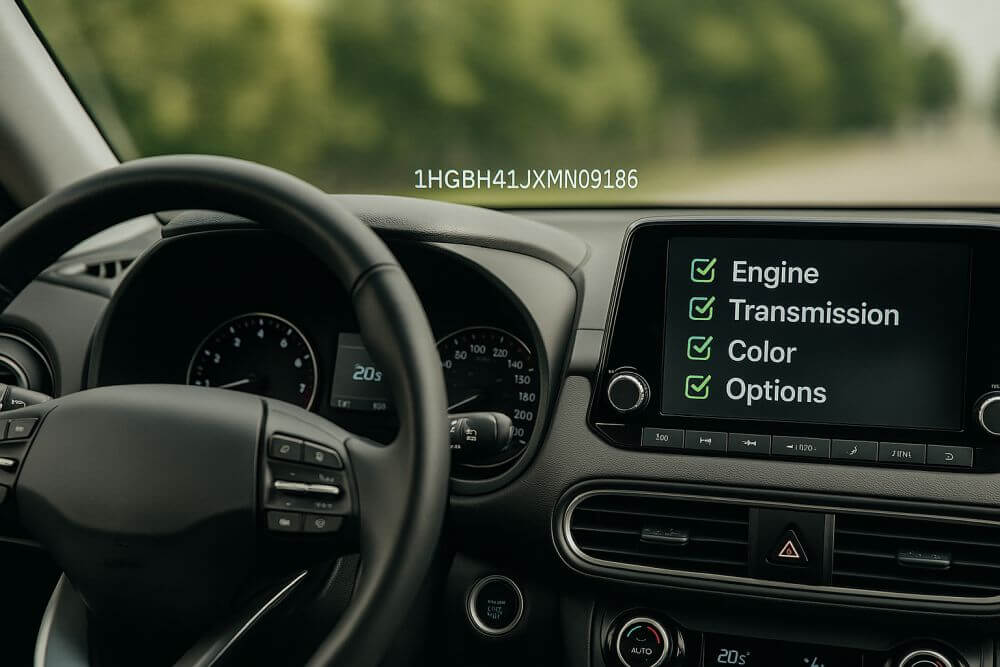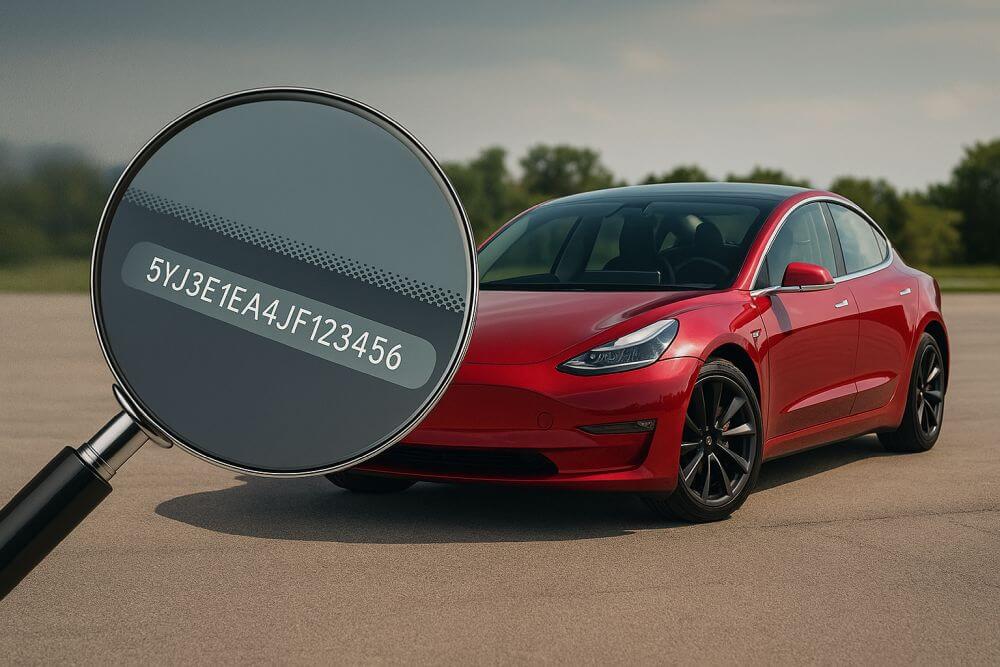If you’re researching a used car, the NHTSA VIN Decoder might be your first stop. As a free government tool, it offers essential details about a vehicle based on its Vehicle Identification Number (VIN). But how reliable is it? What does it include—and more importantly, what does it miss?

In this comprehensive guide, we’ll break down how the NHTSA VIN Decoder works, what data it provides, its limitations, and why pairing it with a full VIN check from services like VinCheckPro’s Free VIN Decoder gives you a more complete picture of a vehicle’s identity and history.
What Is the NHTSA VIN Decoder?
The National Highway Traffic Safety Administration (NHTSA) offers a public-facing VIN decoder tool that decodes the 17-digit VIN issued to every modern vehicle. This tool uses manufacturer-supplied data to extract vehicle specifications based on U.S. safety regulations.
You can access the decoder here: https://vpic.nhtsa.dot.gov/decoder/
✅ It typically reveals:
- Vehicle make and model
- Engine type
- Transmission type
- Assembly plant location
- Restraint system and airbag info
- Model year
- Manufacturer details
- Gross vehicle weight rating (GVWR)
- Fuel type and emissions classification
It’s a fantastic baseline for confirming technical details of a vehicle.
What the NHTSA VIN Decoder Does Not Include
While useful, the NHTSA tool is not a full vehicle history report and doesn’t show real-world ownership or accident data.
❌ Missing from the NHTSA Decoder:
- Title history (including salvage, rebuilt, or junk titles)
- Reported accidents or damage
- Theft records
- Odometer readings
- Number of previous owners
- Lien or loan records
- Recall completion status
- Ownership location (state-by-state)
That’s where a deeper check becomes essential.
Why You Still Need a Full VIN History Report
A full VIN check doesn’t just decode the vehicle—it investigates its entire background. Services like VinCheckPro’s Vehicle History Report offer a comprehensive snapshot of a vehicle’s past using data from DMVs, insurance companies, police databases, auctions, and more.
Benefits of running a full VIN history check:
✅ Protects you from title fraud
✅ Flags total loss and salvage issues
✅ Prevents buying cars with hidden liens
✅ Confirms mileage accuracy
✅ Highlights open recalls
✅ Helps in negotiating the right price
With millions of used vehicles on the market—some with rebuilt histories—it’s risky to rely solely on the NHTSA VIN Decoder.
How to Use the NHTSA Decoder + VinCheckPro for a 360° View
Here’s how to layer your search for maximum accuracy:
Step 1: Decode with NHTSA
Check manufacturer-provided specs like engine, trim, and build info.
Step 2: Run a Free VIN Check at VinCheckPro
Get specs plus access to available history alerts.
Step 3: Order a Full Vehicle History Report
This step adds accident reports, title branding, odometer logs, and theft status.
By combining both tools, you verify both the original build and the actual real-world record of the vehicle.
⚠️ Common Pitfalls to Watch For
Even if the NHTSA decoder shows a “clean” configuration, be wary of:
- Salvage Switch: VINs from wrecked vehicles can be cloned to hide a bad history.
- Odometer Fraud: Specs may match, but mileage might have been rolled back.
- Title Washing: A clean build doesn’t guarantee a clean title in another state.
Always cross-reference NHTSA results with a full report to spot red flags.
Who Should Use the NHTSA VIN Decoder?
The NHTSA tool is a good starting point for:
- Buyers validating engine or trim details
- DIY shoppers verifying VIN legitimacy
- Sellers showcasing original specs
- Mechanics double-checking build info
- Recall checks (limited to partial results)
But if you’re spending thousands on a used car, always follow up with a professional history report.
Frequently Asked Questions
Is the NHTSA VIN Decoder free?
Can I check a vehicle’s accident history with the NHTSA Decoder?
VinCheckPro.
What does the NHTSA VIN Decoder show?
Is the NHTSA Decoder better than VinCheckPro?
Why should I use both NHTSA and VinCheckPro?
Final Verdict
The NHTSA VIN Decoder is a reliable source of official vehicle specifications, but it’s not a substitute for a comprehensive history check. It won’t reveal whether a car has been totaled, stolen, or has unpaid liens.
For best results, use the NHTSA tool as a VIN spec checker, then run a Free VIN Decoder and get a Vehicle History Report from VinCheckPro to avoid costly surprises.


